Prior to the release of Overwatch 2, developer Blizzard Entertainment published an extensive blog post detailing its new anti-toxicity and anti-cheat methods. Known as Defense Matrix, the initiative’s goal is to cut down on the number of bad actors that players encounter while playing Overwatch 2. Many of its methods build on those introduced in the first game, including the reporting system and the Endorsements program.
Defense Matrix’s methods have proved controversial with fans, particularly those who came across out-of-context headlines and snippets of information on social media. One of these methods is Blizzard’s audio recording and transcription technology, which uses machine learning to assist in issuing bans to disruptive players. There’s been quite a bit of confusion online about the recordings, so we’re taking a deeper look at what they are and what they’re used for.
Here’s everything you need to know about Overwatch 2 and Blizzard recording voice chat.
Audio transcriptions for reporting
In the Defense Matrix blog post, Blizzard explains that shortly after Overwatch 2 launches, the game will start collecting audio transcriptions from in-game chat in correlation with reports. What this means is that when a player reports someone else for disruptive or abusive voice chat in-game, a short clip of in-game team voice chat from the reported player is submitted to Blizzard alongside the report. Once it’s received, it’s automatically transcribed into text, likely to prevent bias in the player’s voice. After the text transcription is complete, the audio file is deleted.
From this text file, machine learning algorithms detect whether the words spoken included chat that was abusive or otherwise disruptive. These algorithms have previously been used to determine disruptive text chat and other poor behavior in-game. They determine whether a strike or ban needs to be issued toward the player in question in the report. Once a decision has been made, the text file is held for no longer than a month before it too is deleted.
In a press Q&A with Blizzard, principal designer Scott Mercer and lead software engineer Bill Warnecke revealed that in most cases, the process is entirely automated: a human will only intervene when the machine can’t make a decision on its own or in other special cases. They also shared that the algorithm is contextual: for example, it knows the difference between a player shouting an expletive in celebration and a player shouting an expletive at a teammate in a derogatory way. The algorithm is specifically looking for the latter in its process to make sure those who are reported or banned aren’t done so falsely.
Mercer and Warnecke also said that this audio transcription doesn’t cover groups. If you’re in an in-game group, you can say what you want with your friends without concern for audio recording. It goes without question that if you’re using an outside chat platform, like Discord, your audio will not be available for Blizzard to access. The two developers stressed that player reports remain one of the most important tools in their arsenal when it comes to issuing strikes and bans.
Why is Blizzard doing this?
Simply put, Blizzard is using brief audio recordings and other reporting tools to ensure that Overwatch 2’s community is a healthy and respectful one. There isn’t an algorithm out there looking for reasons to strike or ban players, nor is there a mustache-twirling bad guy in Blizzard’s security department listening to all your heart-to-heart chats with other players. It remains to be seen exactly how the system evolves and whether it makes a difference in the number of bans (and false bans) issued, but for now, the development team’s focus is on keeping the experience safe and fun for everyone.
When used in combination with the new SMS Protect requirement, Blizzard is dramatically upping the stakes for potential cheaters and disruptors. Those who spew vile speech in voice chat and are banned for it will now have a much harder time getting their account back since one phone number can only ever be associated with one account. Players also can’t just drive down to their local store and buy a prepaid phone to get back in on the action. (If you don’t think people would do this, you probably never heard stories of players who wiped their hard drives and bought extra copies of a $60 game just to get around their bans.)
It’s understandable to be concerned about how your audio and data are being used, particularly in the wake of some of the allegations against Activision Blizzard. But it appears right now that the system is being used entirely to help the community rather than hurt it. If you have concerns about audio recordings, their use is likely to be detailed more in Blizzard’s Terms of Service, so start there to learn more.


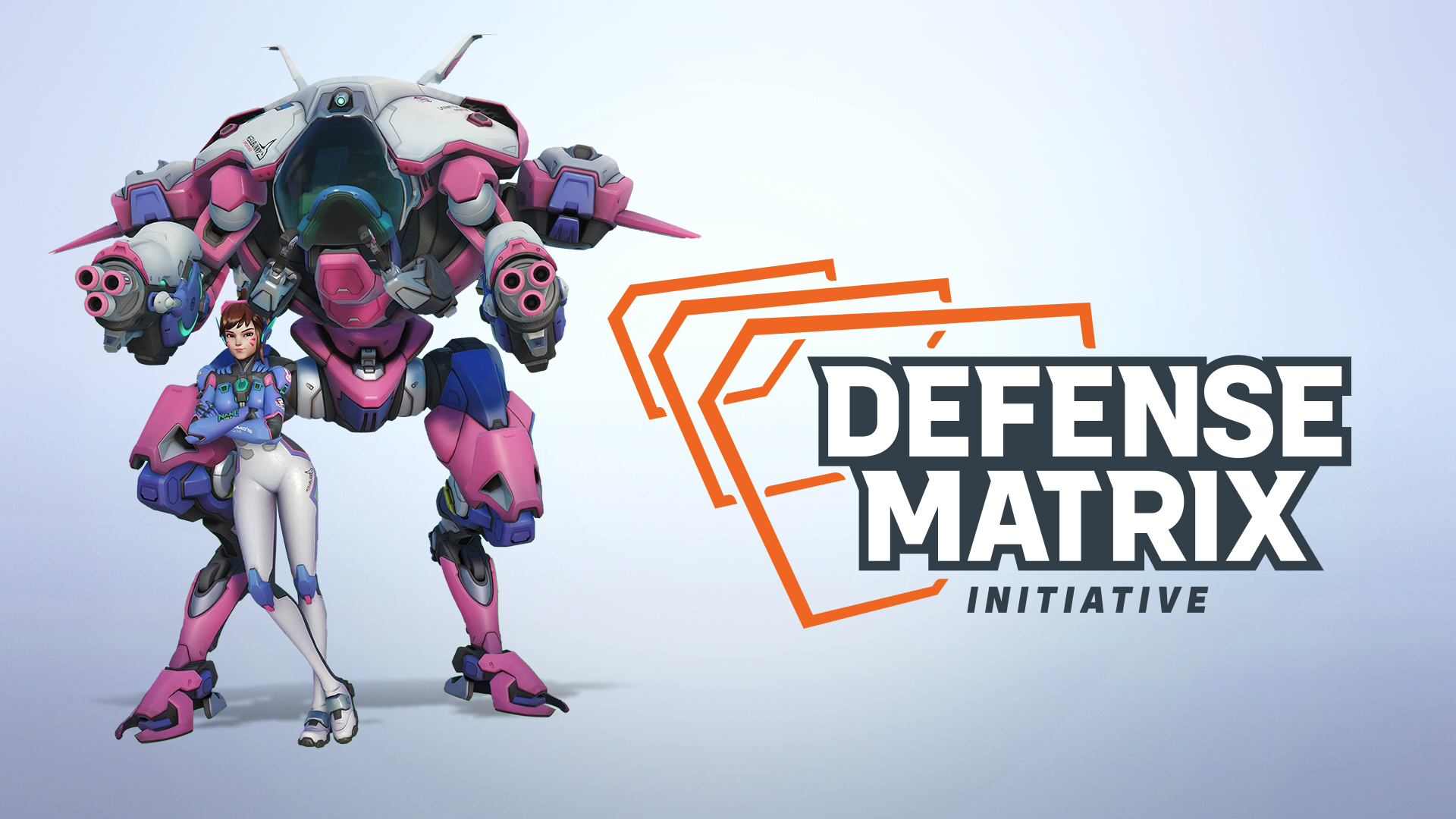
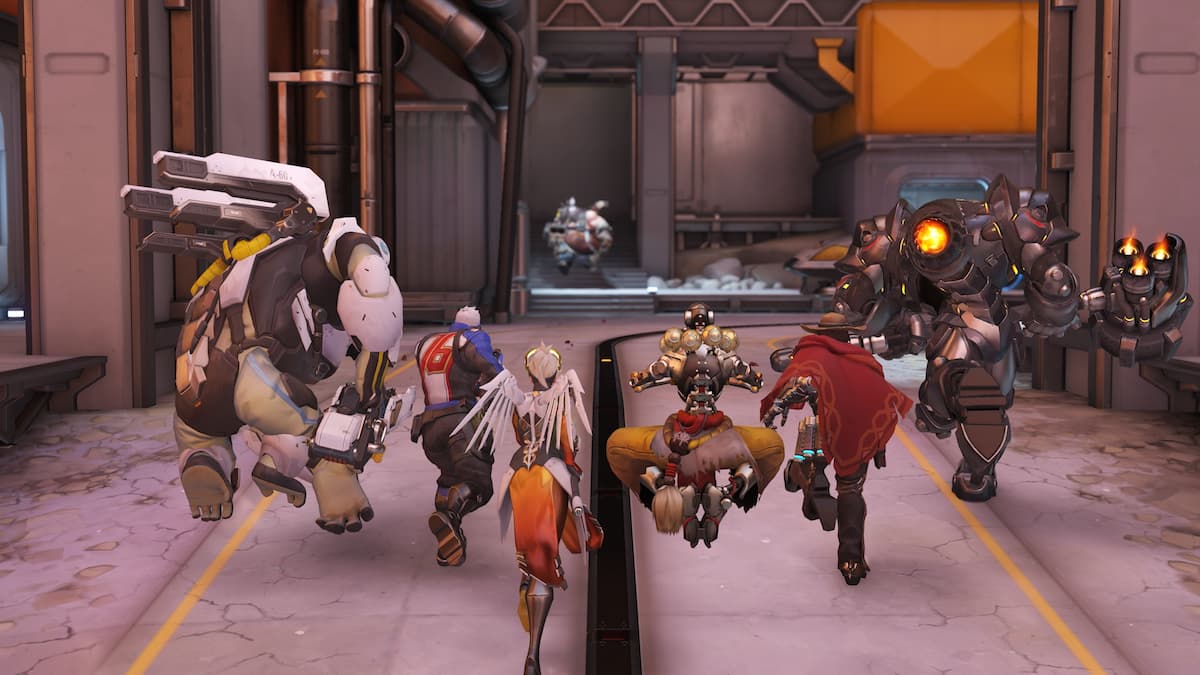

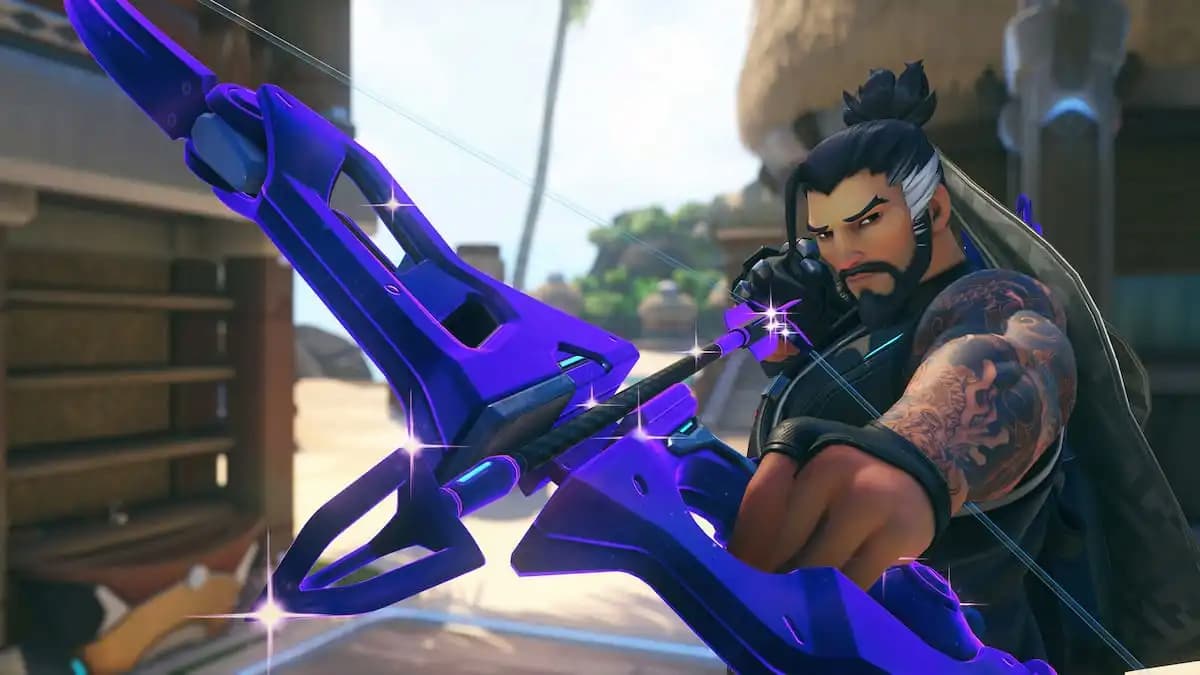
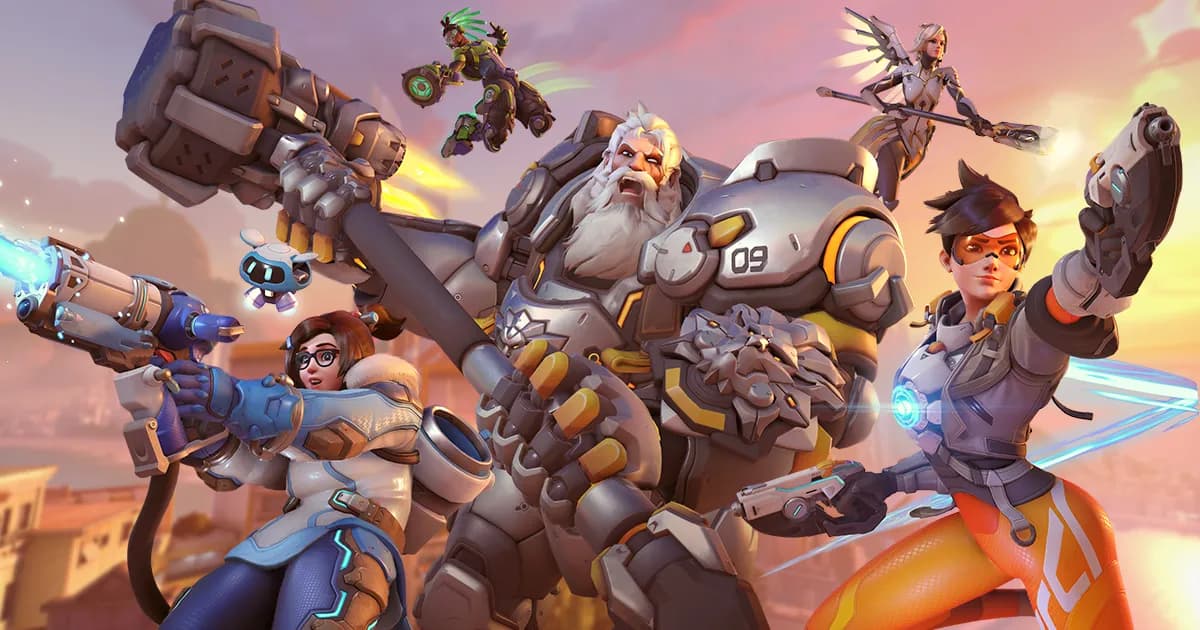
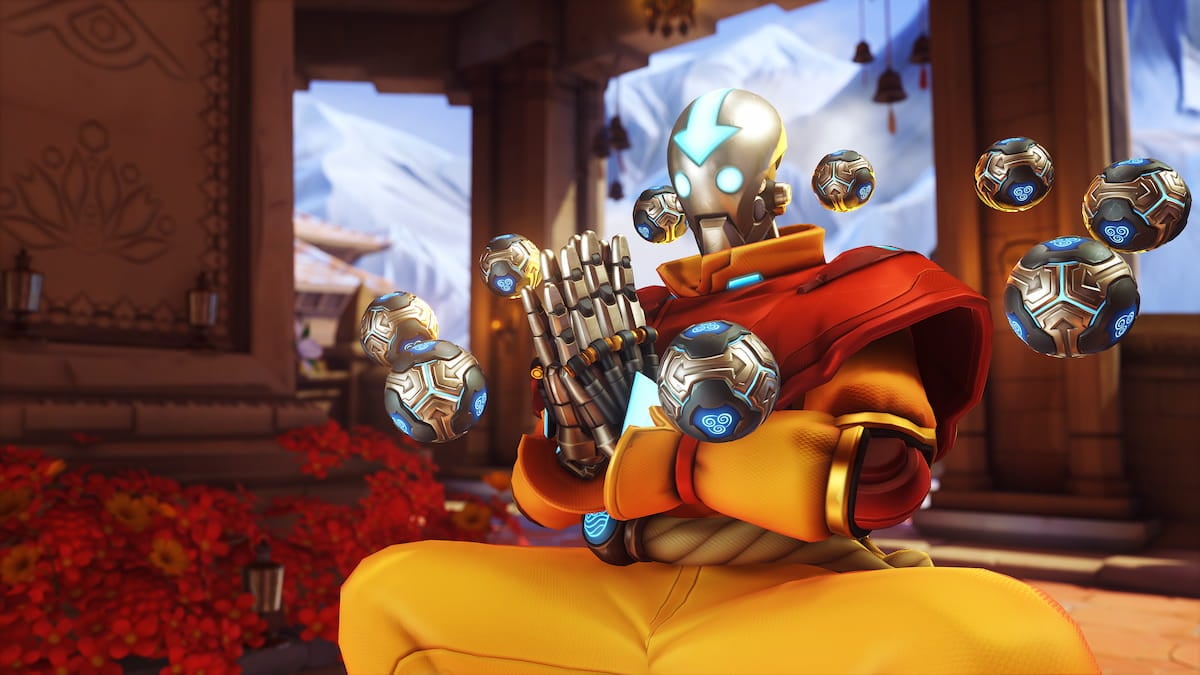
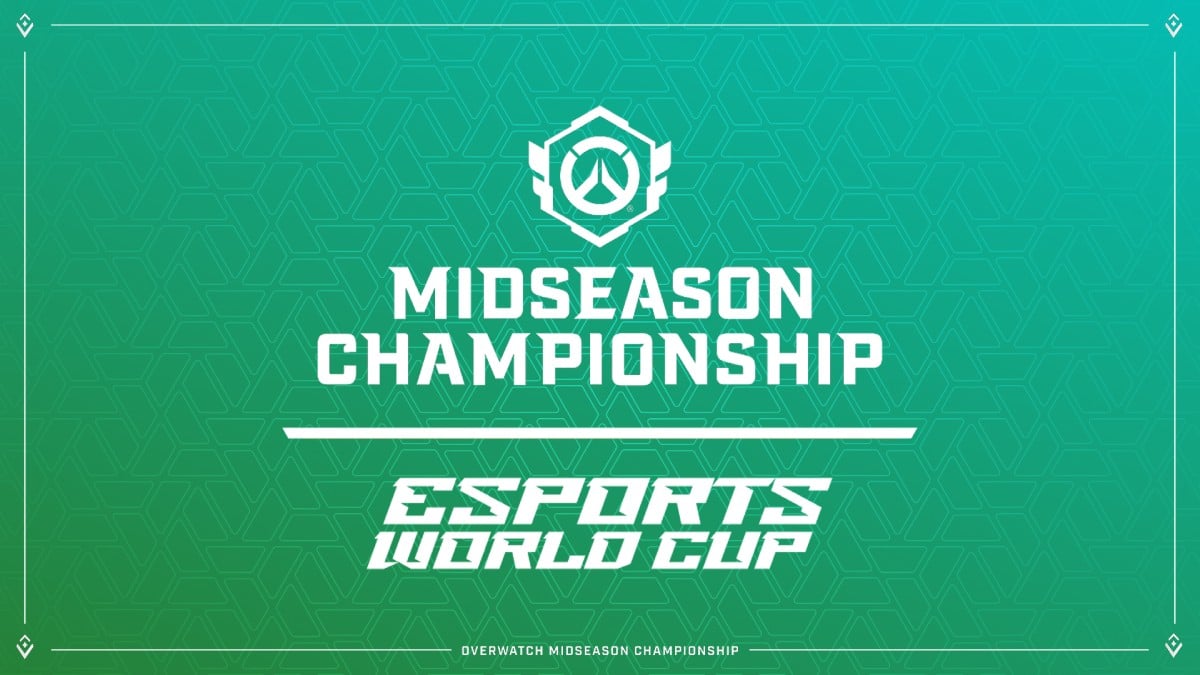
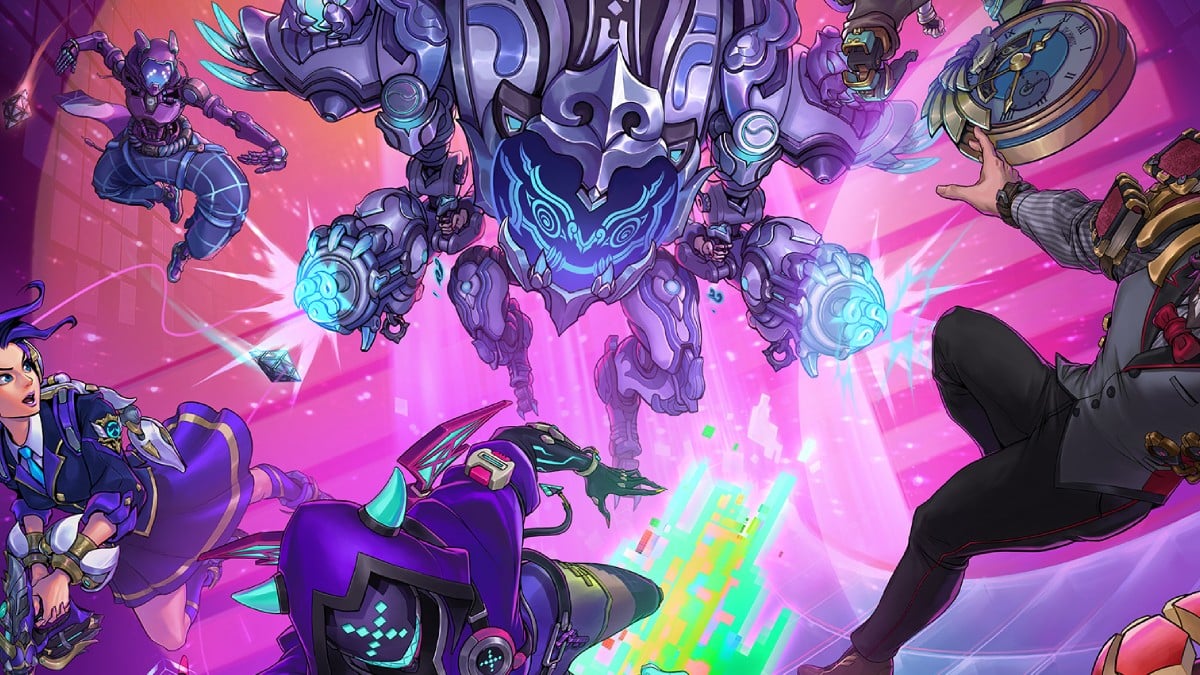
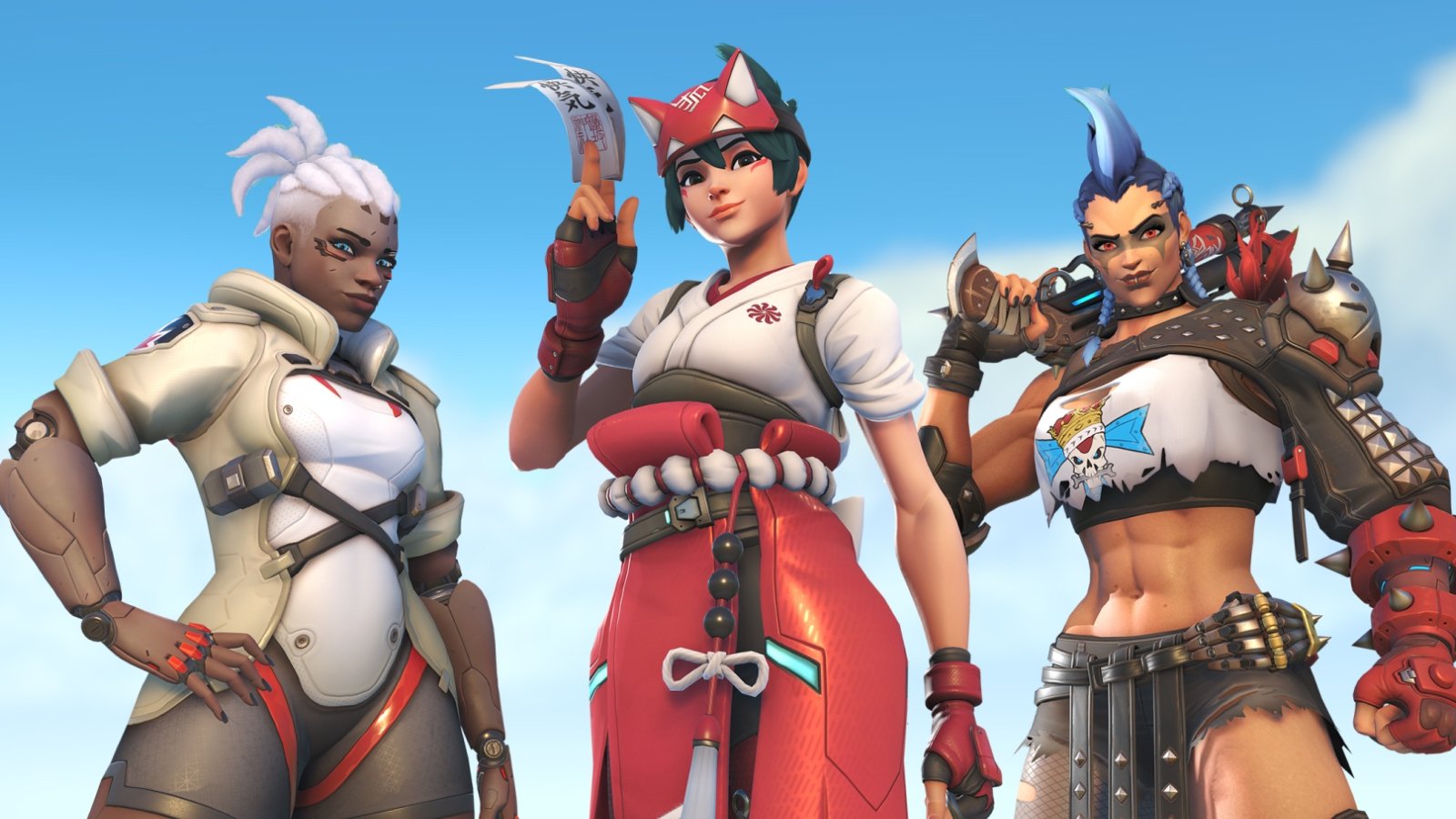
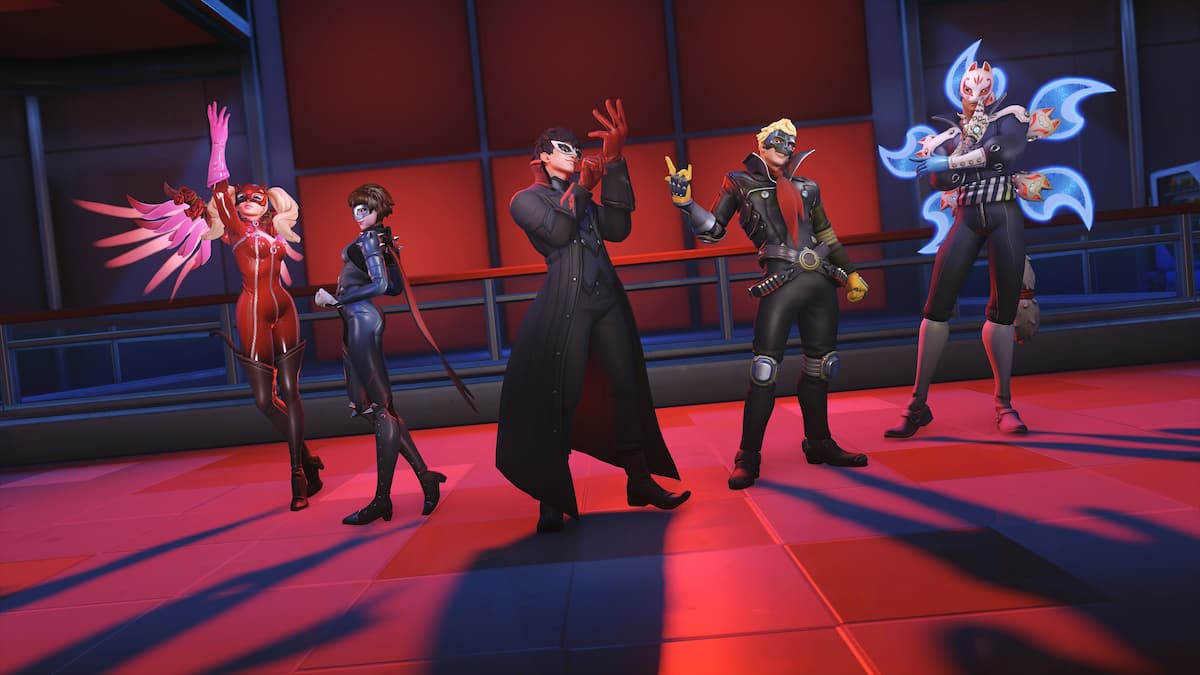
Published: Sep 30, 2022 02:26 pm